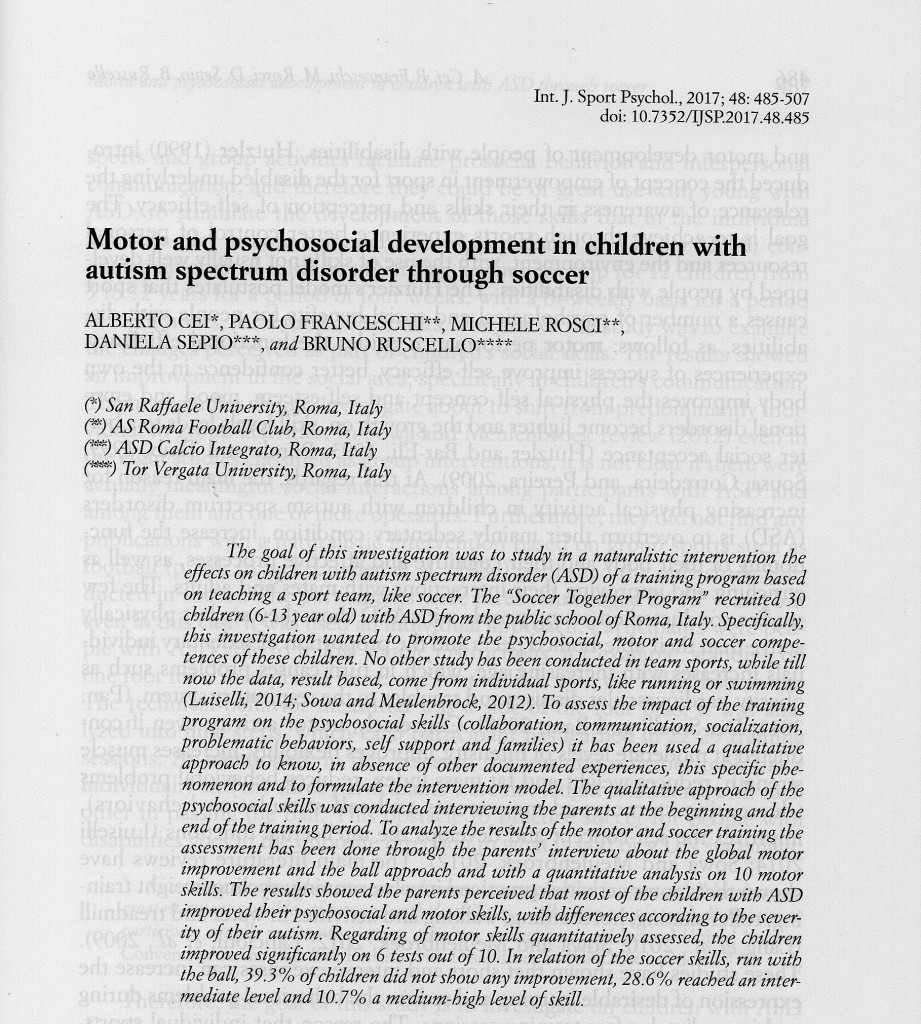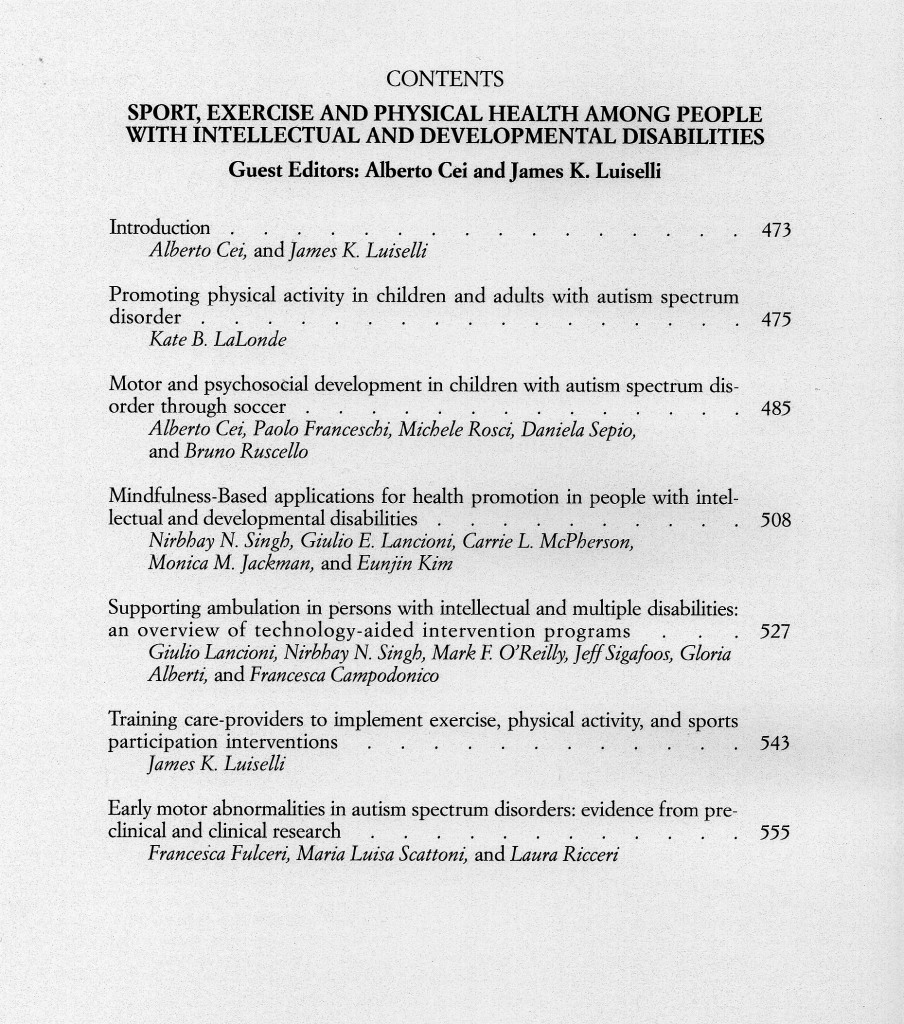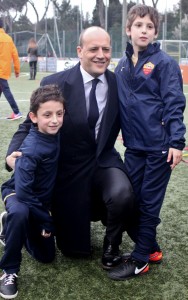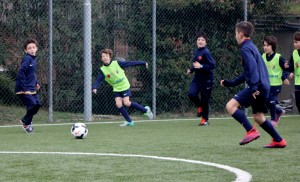The need to use an humanistic psychology approach to sports it comes out, in my opinion, continuously in demands that athletes do to psychologists. It regards, not so much in teaching specific strategies and psychological techniques like to manage the competitive stress to stay focused on the tasks or to know how to collaborate with the mates. It regards some aspects of the sport life, that for these people is not just a job to do at the best but it has become an all-encompassing experience that gives meaning to their existence, where the value of oneself as a person is measured on results to reach. For many athletes it is not enough to do their job professionally,because they want always, even in training, be committed at the top and get in the race results of the highest level.
The relevance of the humanistic approach stems from concerns that arise from the athletes’ performance. The mother of all questions is for young people: “I will achieve the results for what I am working?”. That for older athletes becomes: “I shall be able to repeat these results?”. But these are just some of the possible concerns, arising in the minds of most of the best athletes, those who have managed to move their youthful passion into an ambitious and satisfying job, which for many it has become so overwhelming do not to leave space for very little else, with the joys and sorrows of this condition. The athletes, with rare exceptions, do not have qualified people to talk about these subjects. Rarely talk about coaches or mates, more often with their partners or parents.
The sports psychologists should be the most qualified professionals to address these issues but they must possess a well developed training and a personal sensitivity to help the athletes in dealing with these issues.
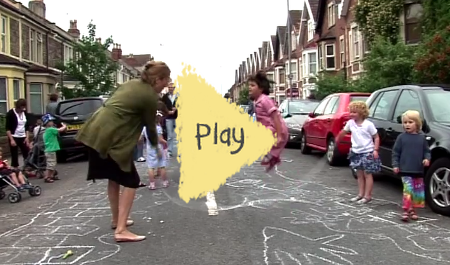

![Fig. 6 Physical activity has long lasting benefits that affect all aspects of a child’s life and last into adulthood. (Courtesy of Aspen Institute Project Play) [Citation]](https://static1.squarespace.com/static/54b4319ee4b02eb93428f3d1/t/54bd6fd0e4b096702d4cc9a2/1421701074531/activity-life-cycle.jpg?format=2500w)
